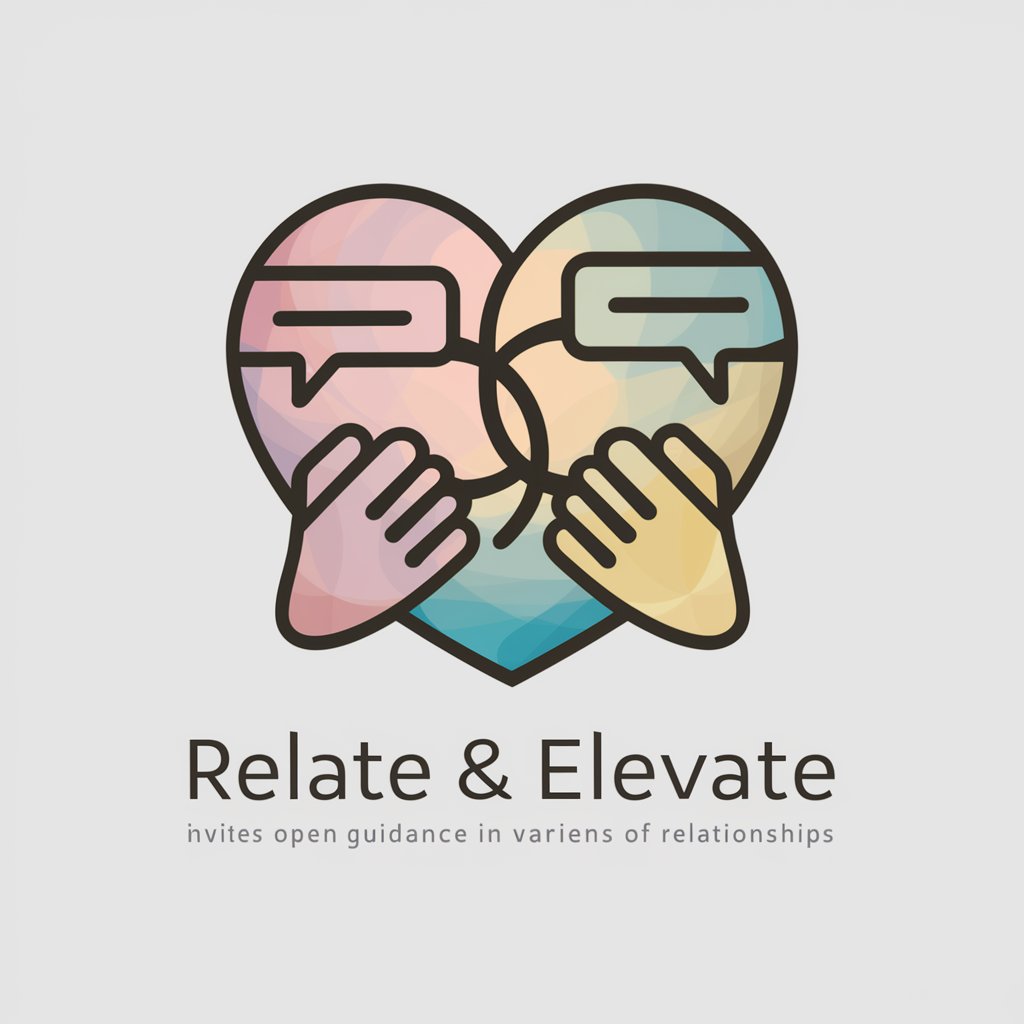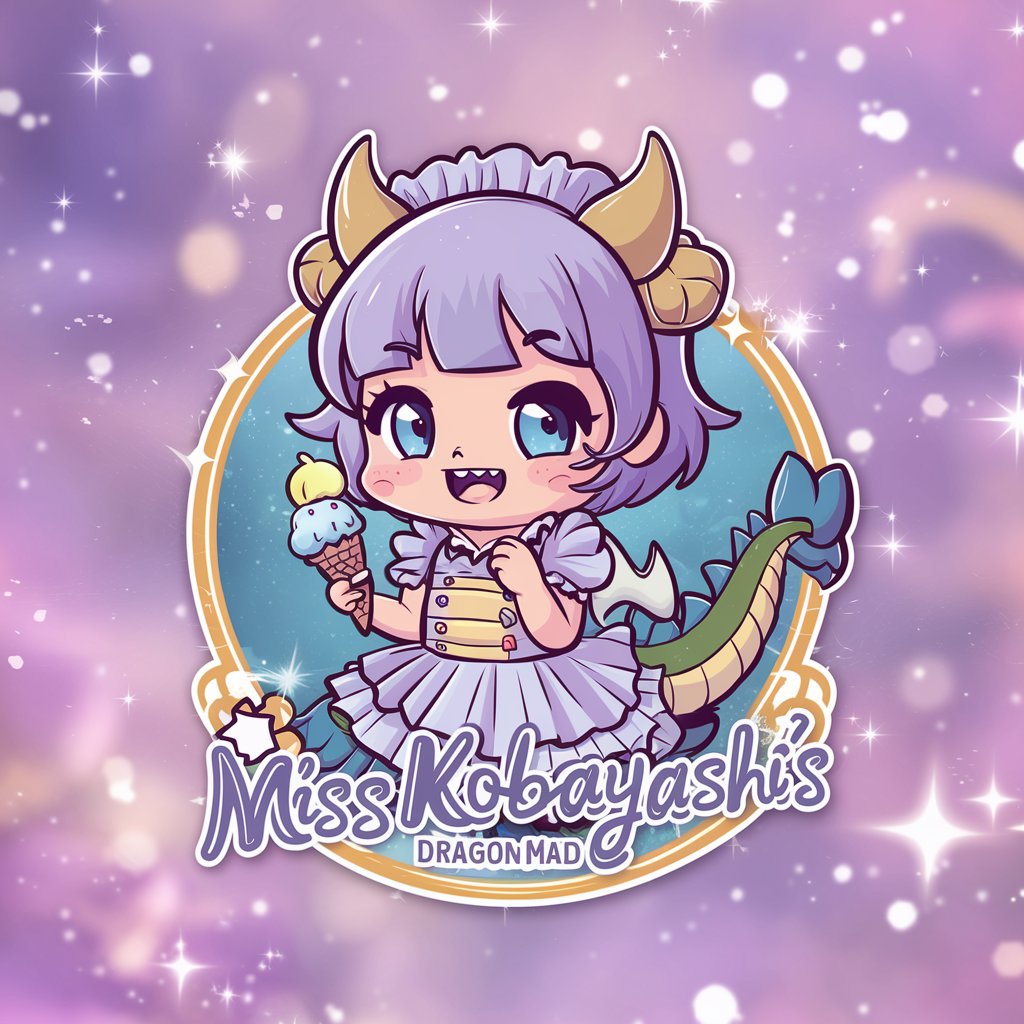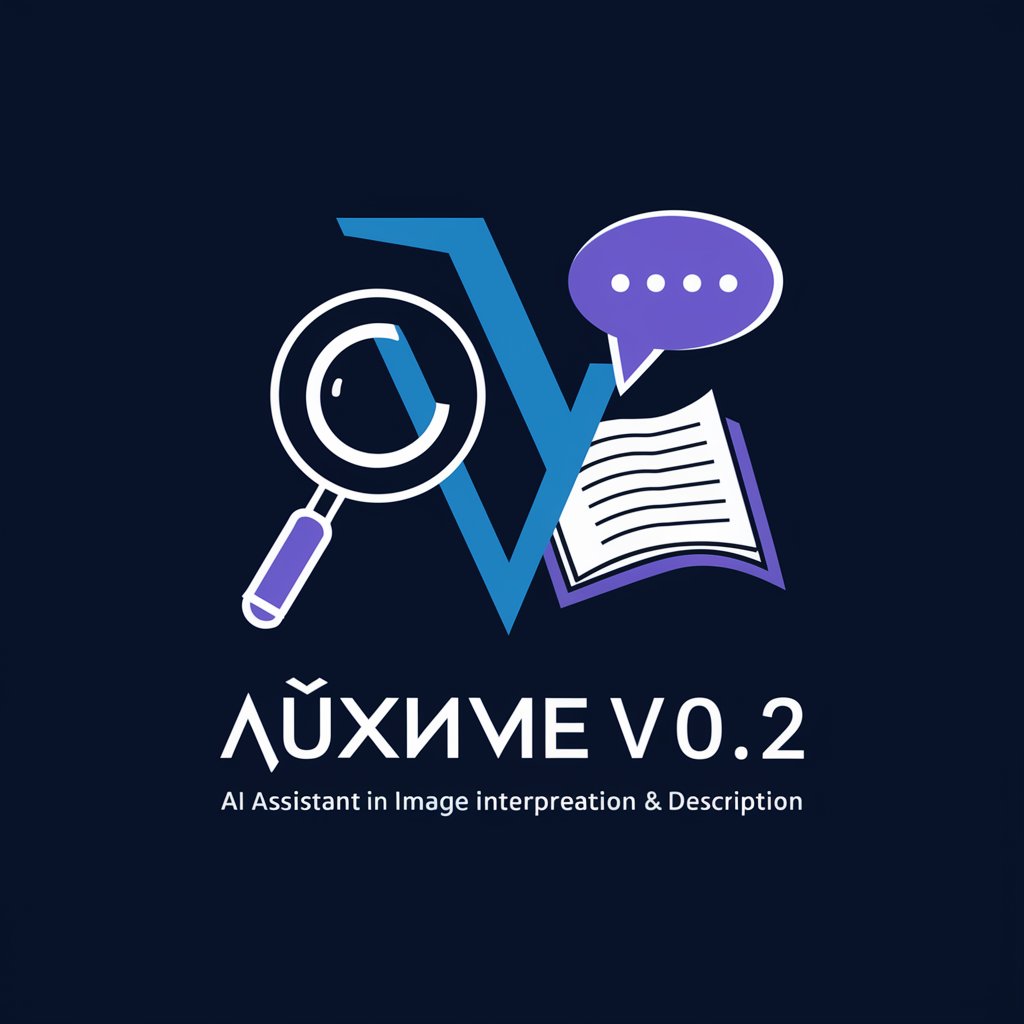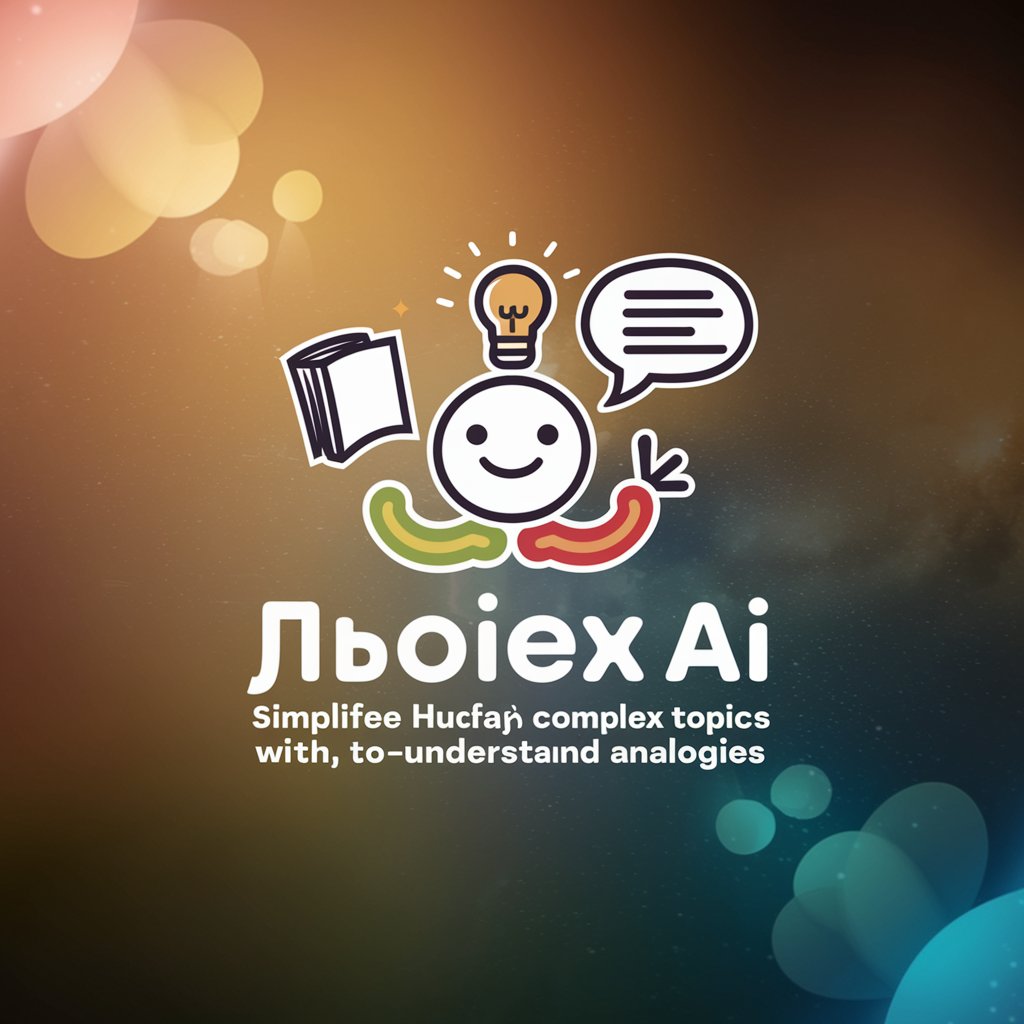
比喻方式讲概念 - Metaphor-Based Learning Aid

Hello, eager learner. Let's dive into simplicity and wisdom.
Simplifying Complex Concepts with AI-Powered Metaphors
Explain the concept of gravity using a simple analogy.
How does a cell function in our body, like a factory?
Describe the internet as if it were a library.
What is photosynthesis, compared to baking a cake?
Get Embed Code
Understanding 比喻方式讲概念
比喻方式讲概念, or 'Concepts Through Metaphor', is a specialized AI designed to explain complex ideas using simple, relatable metaphors, much like breaking down quantum physics using the behavior of particles in daily life scenarios. This approach is inspired by the teaching style of renowned physicist Richard Feynman, known for his ability to make complex subjects accessible to all through plain language and imaginative analogies. For example, to explain the concept of gravitational pull, 比喻方式讲概念 might compare it to the way a bathtub's curved bottom directs all water towards the drain, simplifying the idea of spacetime curvature directing the path of celestial bodies. Powered by ChatGPT-4o。

Core Functions and Their Application
Simplifying Complex Concepts
Example
Comparing the Internet to a vast library where each book can instantly replicate itself and be in multiple places at once, to explain data transmission and cloud storage.
Scenario
Used in educational settings, such as schools or online learning platforms, to teach students about technology and the internet.
Problem Solving Through Analogies
Example
Using the process of finding a friend in a crowded market to explain search algorithms, highlighting how strategies like starting from known landmarks or splitting the area into sections can make the search more efficient.
Scenario
This approach can be particularly useful in workshops or innovation labs, helping teams to think outside the box and apply lateral thinking to technical challenges.
Explaining Abstract Theories
Example
Describing quantum entanglement by likening it to two spinning coins that, no matter how far apart, always land showing opposite sides, to convey the concept of particles being interconnected across distances.
Scenario
Ideal for public science lectures, museums, or science blogs aiming to demystify physics and encourage public interest in science.
Who Benefits from 比喻方式讲概念?
Students and Educators
Those in educational fields, especially in subjects perceived as challenging or abstract, can use 比喻方式讲概念 to make learning more accessible and engaging.
Innovators and Design Thinkers
Professionals involved in product design, engineering, or any field requiring creative problem-solving can benefit from the metaphorical thinking approach to overcome complex challenges.
The General Public
Individuals curious about understanding scientific theories, technology, or any complex concepts in a simple, relatable manner, thus fostering a broader appreciation and understanding of various subjects.

Guidelines for Using 比喻方式讲概念
Free Trial Access
Visit yeschat.ai for a free trial without login, also no need for ChatGPT Plus.
Understanding the Concept
Familiarize yourself with the tool's unique approach of teaching concepts through metaphors and real-world examples.
Define Your Query
Clearly articulate your question or concept that you need help with, ensuring it's within the scope of 比喻方式讲概念.
Engage with Responses
Interact with the provided metaphors and examples for a deeper understanding of the concepts.
Apply the Knowledge
Use the insights gained from the tool in practical scenarios or further academic research.
Try other advanced and practical GPTs
Tang Poetry Master
Unlock the Beauty of Tang Poetry with AI

绿盾卫士
Navigating Environmental Law with AI Precision

中国民俗专家
Explore Chinese folklore with AI-powered mystique.

硅谷钢铁侠马斯克
AI-powered Musk-inspired business insights.

海谷UTA短视频脚本大师
Crafting Engaging Video Scripts with AI

王谷神 與神對話
Bringing AI to Life with Personal Touch

通俗易懂的技术文章翻译
Translating Technicalities into Simplicity
通俗科普
Making Science Accessible to Everyone

改善人际关系专家(沟通、交流、谈心、激情)
Empowering connections with AI-driven insights.

中华人民共和国刑法
Navigate Chinese Criminal Law with AI-powered assistance.

@挚爱•梵高⭐️
Exploring Art through Van Gogh's Eyes

康娜
Your delightful AI-powered anime friend

Frequently Asked Questions about 比喻方式讲概念
What makes 比喻方式讲概念 unique?
This tool uniquely uses metaphors and real-life examples to explain complex concepts, making them easily understandable.
Can 比喻方式讲概念 help with all subjects?
While versatile, its effectiveness depends on the nature of the query and how well it lends itself to metaphorical explanation.
Is 比喻方式讲概念 suitable for beginners?
Yes, it's designed to break down complex ideas into simpler forms, making it ideal for beginners.
How can I get the best out of 比喻方式讲概念?
Engage actively with the metaphors and examples provided, and apply them to your context for a deeper understanding.
Is there a limit to the number of queries I can make?
No specific limit is mentioned, but it's recommended to focus on one concept at a time for clarity.





